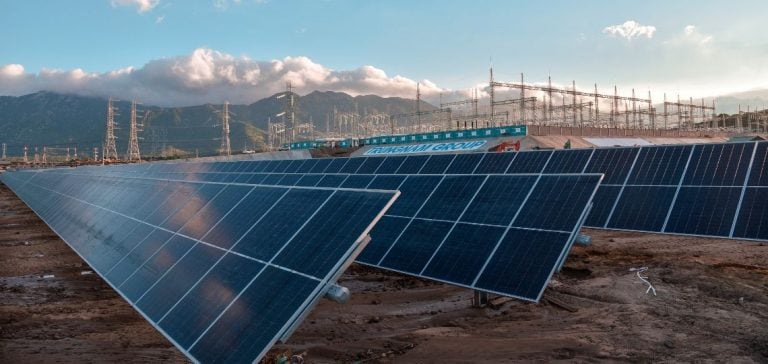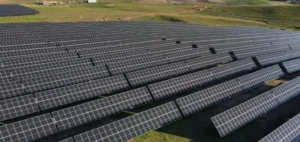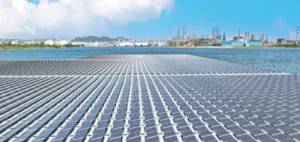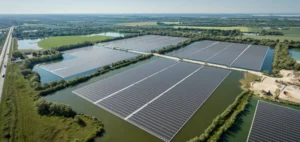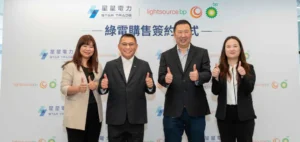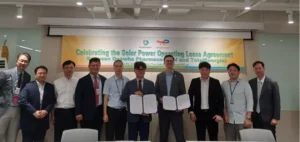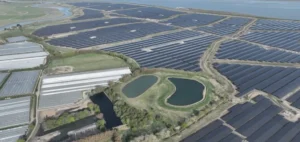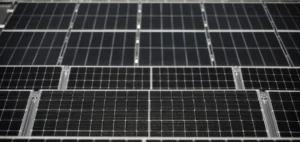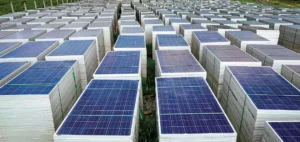AMPYR Solar Europe, a solar developer and independent power producer, has reached a major milestone with the financial close for its 96 MWp solar photovoltaic (PV) project in the Netherlands. Scheduled to be operational by June 2025, this solar farm will provide renewable energy to 30,000 homes and help cut carbon dioxide emissions by over 36,000 tonnes per year.
Located in the municipality of Noordoostpolder, the solar farm will span 65 hectares along a 3.9 km dyke near IJsselmeer. This is the third cluster of solar projects financed by AMPYR Solar Europe through a €200 million multi-project financing facility from Rabobank. The other clusters include solar plants already operational in the municipalities of Echt-Susteren, Venray, and Voorne aan Zee.
Design and Innovation
The NOP (Noordoostpolder) solar farm will consist of four separate installations, but their unique connection design will allow for integrated management as a single renewable energy production asset. Additionally, this innovative project will connect to the grid through a 33 kV route leading to a transformer station, which will then connect to TenneT’s high-voltage substation in Westermeerdijk.
The project stands out for its integration with existing energy infrastructures, including wind farms, making the overall complex a combined capacity of 850 MWp of solar and wind energy generation. This will be the largest solar installation built beneath a wind farm in the Netherlands.
Collaboration and Challenges
The completion of this complex required close collaboration with more than 30 landowners, other solar developers, and the operator of the existing wind farm. This allowed for overcoming unique challenges related to the expansion of renewable energy production in the region.
With this new project and the two other solar farm clusters already in place, AMPYR Solar Europe increases its total renewable energy production capacity to over 130 MWp in the Netherlands, further supporting the country’s energy transition.

